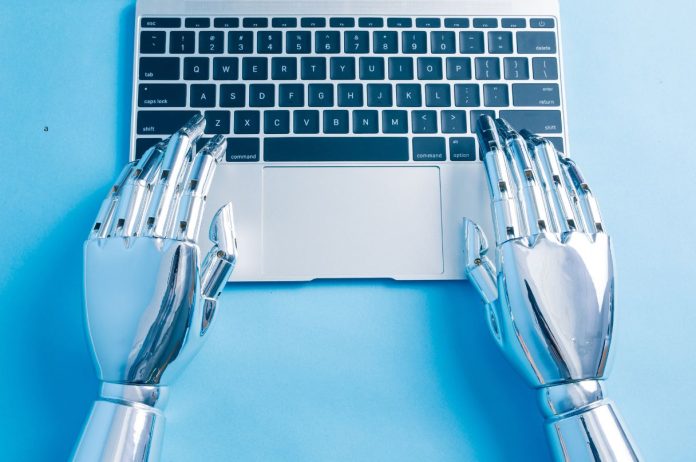A inteligência artificial (IA) humanizada está promovendo uma transformação nas empresas ao integrar automação com uma abordagem mais próxima ao comportamento humano. Esse modelo de IA permite interações mais naturais com os clientes, ao mesmo tempo que melhora a eficiência e reduz custos operacionais, sem comprometer a experiência do consumidor.
A pesquisa mais recente da Deloitte, “State of AI in the Enterprise” (5ª edição), revelou que 94% dos líderes empresariais acreditam que a inteligência artificial será essencial para o sucesso nos próximos cinco anos. O estudo também mostra que a automação inteligente, como é o caso dos chatbots, quando implementada com foco em melhorar a experiência do cliente, pode aumentar a eficiência operacional e reduzir custos de maneira significativa, sem sacrificar a qualidade do atendimento.
Alan Nicolas, especialista em IA para negócios e fundador da Academia Lendár[IA], ressalta que essa nova visão transforma a maneira como as empresas interagem com seus públicos. “A IA humanizada vai além da automação tradicional, criando diálogos e experiências que se aproximam da forma como as pessoas realmente se comunicam. Isso gera mais confiança e empatia nas relações de consumo, o que é fundamental para o sucesso das empresas”, afirma.
Integração da IA em diferentes setores
Diversos setores estão experimentando os benefícios da IA humanizada, desde o varejo até a saúde. No comércio eletrônico, por exemplo, empresas como a Amazon implementaram assistentes virtuais capazes de oferecer recomendações personalizadas baseadas em dados de comportamento de compra, aumentando a taxa de conversão e melhorando a experiência do usuário. Isso resulta em uma jornada de compra mais eficiente, com sugestões mais relevantes e uma navegação fluida.
Já na área da saúde, startups como a Babylon Health utilizam IA para realizar triagens iniciais, permitindo que pacientes sejam atendidos rapidamente em plataformas digitais, o que ajuda a reduzir filas em clínicas e acelerar o diagnóstico, oferecendo um cuidado mais acessível.
De acordo com Alan Nicolas, a tendência é que essa tecnologia se torne cada vez mais comum. “Empresas que não adotarem IA humanizada em seus processos correm o risco de ficar para trás. O mercado está em constante evolução, e quem não se adapta às necessidades do consumidor moderno está fadado a perder relevância”, pontua.
Além disso, a IA humanizada tem o potencial de otimizar processos internos nas organizações. Ferramentas de automação com capacidade de aprendizado adaptativo podem resolver problemas rapidamente e aprimorar a tomada de decisão com base em dados em tempo real, sem que os processos percam o toque humano nas interações externas.
Benefícios a longo prazo para as empresas
Os benefícios da IA humanizada vão além da experiência do cliente. A tecnologia permite que empresas escalem suas operações de maneira eficiente, mantendo a personalização no atendimento. Dessa forma, é possível criar um relacionamento mais profundo e duradouro com os consumidores, aumentando a fidelização e o valor de vida do cliente.
Outro ponto importante é que a IA humanizada oferece uma vantagem competitiva em mercados cada vez mais saturados. Empresas que utilizam essa tecnologia estão mais preparadas para oferecer serviços diferenciados e personalizados, o que é um diferencial importante para se destacar em meio à concorrência.
Além de melhorar a eficiência e personalização, a IA humanizada também tem um papel fundamental na inclusão digital. Empresas como Nubank utilizam algoritmos de IA para simplificar o acesso ao sistema financeiro, permitindo que milhões de pessoas anteriormente desassistidas obtenham serviços bancários com facilidade. Esse movimento amplia o mercado das empresas e gera um impacto social.
Alan Nicolas destaca a importância dessa transformação. “A IA humanizada tem o poder de democratizar o acesso a serviços essenciais, proporcionando a inclusão de pessoas e empresas em um cenário econômico mais justo. É uma revolução que vai muito além da tecnologia, impactando diretamente a sociedade. Não há nada mais humano que isso”, conclui.


